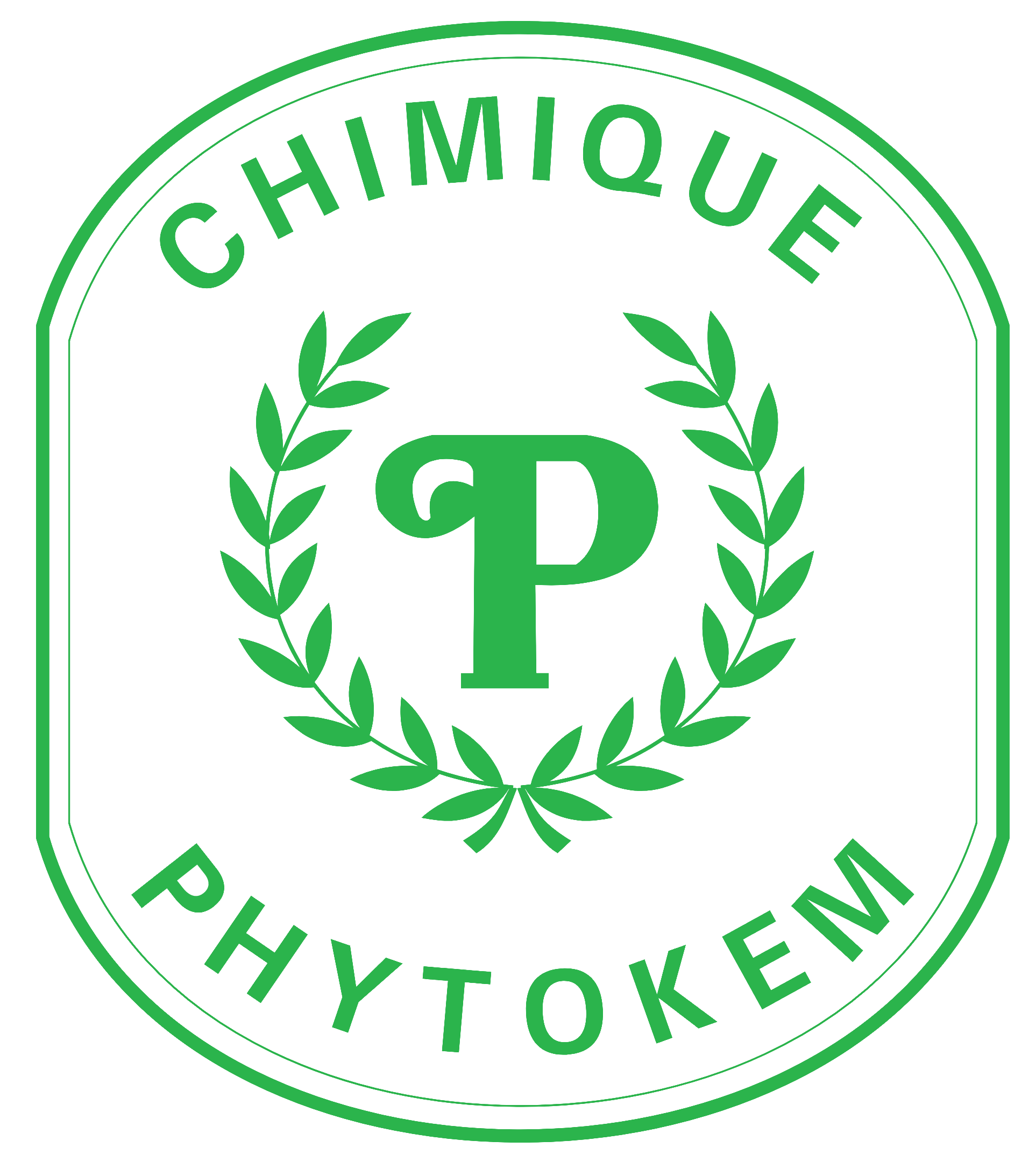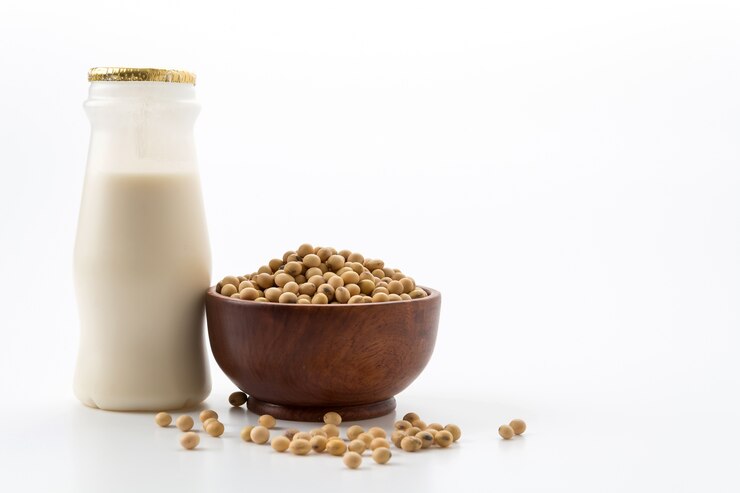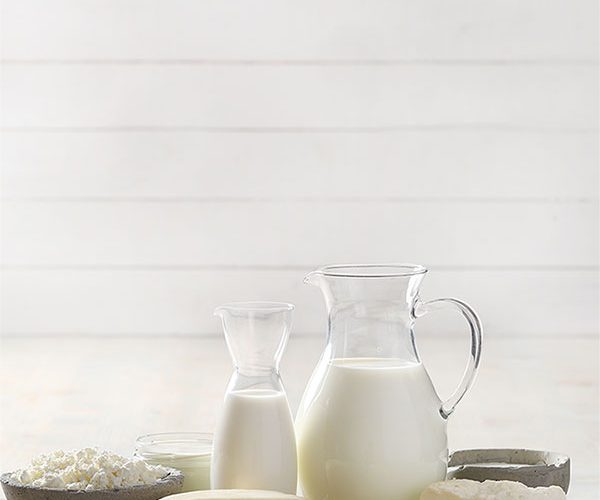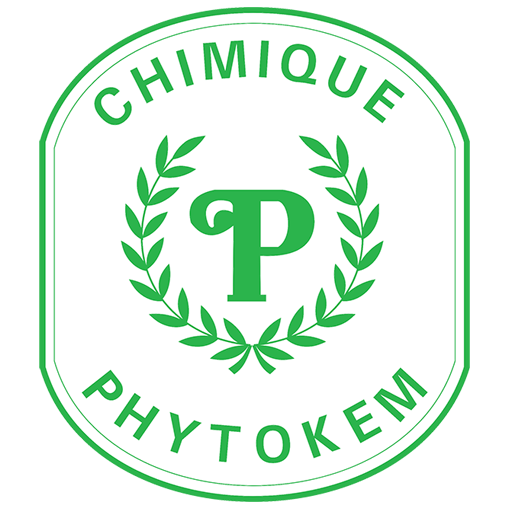Plant protein isolate is increasingly recognized as a sustainable alternative to traditional animal-based proteins, and for good reason. The production of plant-based proteins offers significant environmental benefits, making it a key player in efforts to reduce the ecological footprint of the global food system. Lower Environmental Impact Producing plant protein isolate typically requires far fewer resources than animal-based proteins. Plants generally need less land, water, and energy to grow compared to livestock farming, which involves feed production, water consumption, and land
Plant protein isolate, derived from sources like peas, rice, hemp, and soy, has gained significant popularity in sports nutrition due to its numerous health and performance benefits. Athletes and fitness enthusiasts are increasingly turning to plant-based proteins as an alternative to traditional animal-based protein powders. Here’s why plant protein isolate is becoming a staple in sports nutrition. High-Quality Protein Source Plant protein isolates offer a high concentration of protein, often exceeding 80-90% purity, making them an efficient way to support muscle
Have you ever wondered why an increasing number of athletes are substituting animal-based proteins with plant-based alternatives following their training sessions? Well, it’s clear that plant protein isolate is entirely focused on granting various forms of advantages to people. Consumers are waking up to the reality that, yes, plant protein can also rebuild muscle tissue faster and improve one’s health. We are now ready to take a look at why it has grown to be one of the favorite




